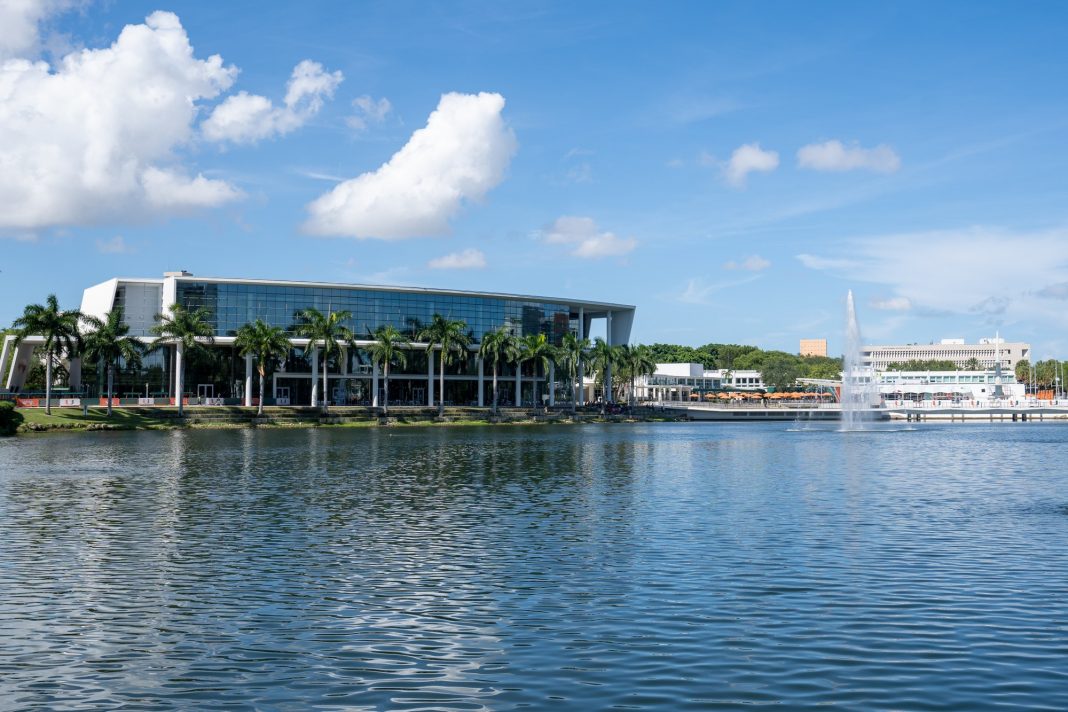
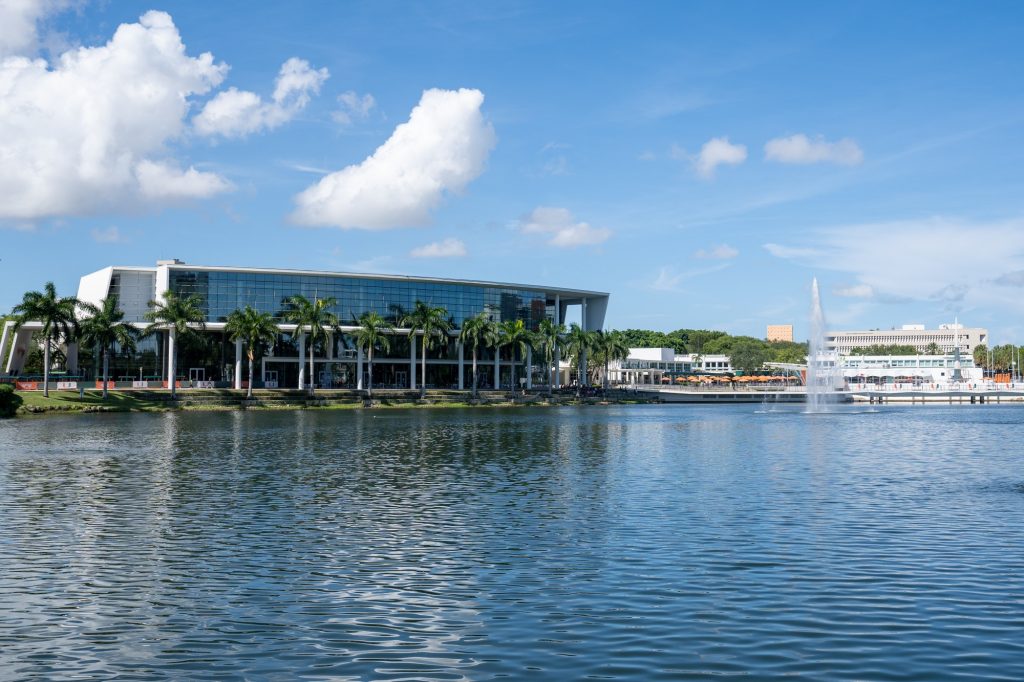
As year three of the coronavirus pandemic approaches, despite widespread vaccination efforts and falling infection rates in many regions of the country, the effects of COVID-19 on daily life continue to evolve, impacting different people in different ways.
The biggest difference from a year ago to today, however, is the lack of hope for a return to pre-pandemic normality. Similar to the stages of grief, people across the world have raged against COVID-19 protocols, felt the pain of lost loved ones and the anger of lost freedoms and watched as each silver lining fell to news of disaster. In order to provide a picture of the pandemic today, The Miami Hurricane interviewed nearly 100 students, faculty and staff at the University of Miami about their lives in a world turned upside down.
For the first issue of pandemic perspectives, university staff gave a glimpse what it is like for members of the workforce on campus and the difficulties brought on by pandemic protocol.
Mask up or get out
For students and staff employed by the University of Miami, getting others to mask up can be a challenge. As of Sept. 6, the university requires masking indoors for both vaccinated and unvaccinated students, including in the school gym. Megan Shoffner, a sophomore communications major and an assistant manager at the Herbert Wellness Center, said that not all students abide by university policy.
“The gym is very chaotic,” Shoffner said. “We ask people to wear masks and they don’t, so that makes my job a lot harder. I have to scream at them, but they don’t listen.”

Despite the difficulty of enforcing gym safety protocol, senior architecture major and spin instructor Andrey Nash said he is excited to teach his class inside the Herbert Wellness Center again.
“I am so happy that I don’t have to teach outside anymore,” Nash said of his Monday and Wednesday morning spin classes. “AC is everything to me.”
Sandra Perez-Alvarez, a secretary for UM’s theatre arts department, said that the opening weeks of classes left her concerned about the number of students not wearing masks as required.
“The students are still not respecting the mask mandates, which is overall disappointing,” Perez-Alvarez said.
Despite her concerns, Perez-Alvarez said she feels the student body has made progress from past semesters, including a spring semester that saw an outbreak of 381 student cases in the first week of February. The case count among students from Aug. 30 to Sept. 5 was 50, still fairly high for a school with a combined undergraduate and graduate student body of nearly 18,000 but far from the university’s previous high watermark.
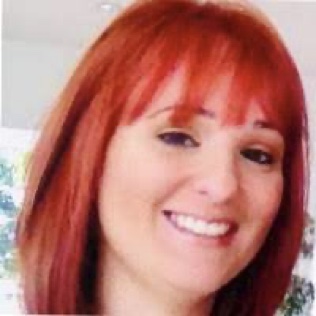
“The [COVID-19] situation is definitely better, at least with how we are congregating and how the students are getting back together,” Perez-Alvarez said. “We all need to come together and work to make each other safe.”
UM student organizations and mandatory vaccinations
Employees at UM’s Jewish student organization, Hillel, said they are excited to be back in person, but nervous that in-person events may lead to infections. Rachel Sasiene, director of Israel Programs at Hillel, said that despite her concerns, community is a vital component of the Jewish faith and she is happy to be able to see members in person.
“It is very important for us to sit around a table and eat and enjoy each other’s company,” Sasiene said. “It’s hard to build a community when people cannot gather.”
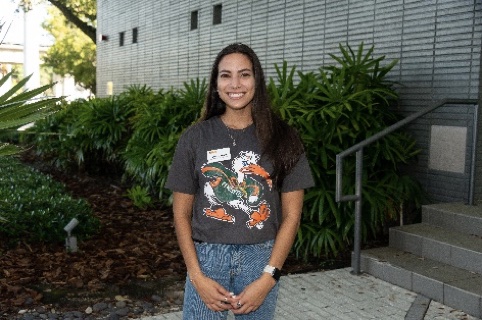
Sasiene, a Houston native who has been working at Hillel for the past three years, is cautiously excited about the return of in-person programs. The first program held by Hillel was FreshFest, which featured activities for first-year students on Aug. 17.
“FreshFest made me the most nervous, as it was our first and largest program this semester,” Sasiene said. “Also, it was mostly indoors, so it was very worrisome about the spread of [COVID-19].”
Fear of an outbreak at in-person events led to Hillel enacting a vaccine mandate for all members. Unvaccinated students who still want to participate must provide a letter from a doctor saying they cannot get vaccinated due to medical concerns.
“As a semi-independent organization, we felt it was really important for the safety of our community and the personal safety to know who we are around,” Sasiene said, adding that her goal is “to build a community, safely.”
With the Jewish Holidays of Rosh Hashanah and Yom Kippur starting on Sept. 6, Hillel plans to have in-person services.
“We still plan to hold our holiday programming as is unless the university tells us otherwise,” Sasiene said.
While Hillel has instituted a vaccine mandate for its members, UM has relied on incentives and giveaways to promote student inoculation. On Aug. 25, the UM Faculty Senate passed a resolution calling for vaccination requirements on campus for all UM constituencies, including students.
UM President Julio Frenk said in an email on Aug. 27 that the reported student vaccination rate is over 75%, but allowed that to prevent outbreaks of the more contagious delta variant, the university would require masks outdoors when in groups of four people or more until at least Sept. 17.
As per Frenk’s email, the university has also begun testing students who have not submitted proof of vaccination bi-weekly. The percentage of vaccinated students at UM has remained largely stagnant in the nearly two weeks since Frenk’s announcement.
Essential workers: cautiously optimistic
While some members of the campus community returned to classes and jobs last week for the first time since the pandemic, some employees never left their posts.
“We were always here. We never went home,” Josefa Morales, a member of the cleaning staff who has worked at the university for 17 years, said.
After two semesters of seeing a more subdued campus with fewer students, Morales said she is glad students are back on campus.
“I missed seeing them here,” Morales said. “It’s not like before [COVID-19], when one couldn’t walk through because of the number of students hugging and greeting each other in the hallways, but we’re getting there.”
Sergio Madrigal, operations manager of the campus store, said he and his staff are happy to welcome students back to campus, especially incoming freshmen.
“We are meeting so many kids that are just happy to be like, ‘Hey, I’m here [in] Miami,’” Madrigal said.
Madrigal said most students who have visited the bookstore have been good about following protocol. The book store has also provided any shoppers without masks with disposable face coverings free of charge.
Like Morales and Madrigal, Earika Cenord, an office manager for the Rosenstiel School of Marine and Atmospheric Science who has worked at UM since 2012, said seeing students again was the highlight of her first weeks back on campus. Despite her excitement, however, Cenord said the experience has still been “a bit scary.”
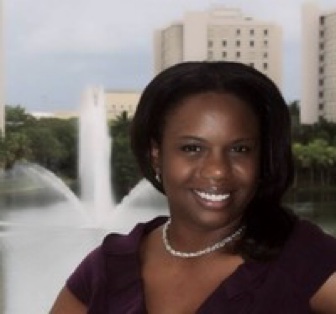
“Being on campus, you want to believe that things are kind of back to normal, but they’re not back to normal,” Cenord said.
Rebeccah Blau, Anna Coon, Amanda Crane, Jessica Costantino, Harrison Hayes, Molly MacKenzie, Maria Toledo, Anna Steingruber, Gabriella Torna, Mykel Tubbs, Juliette Valle, Kelsey Walker, Sedona Rose Webb, Ines Mendez, Tatiana Robinson, Alex Terr and Daniel Toll contributed to the reporting in this series.





